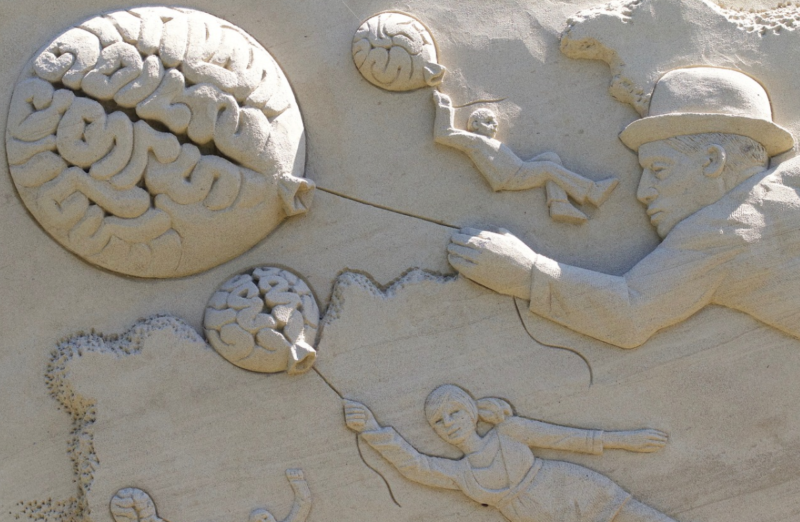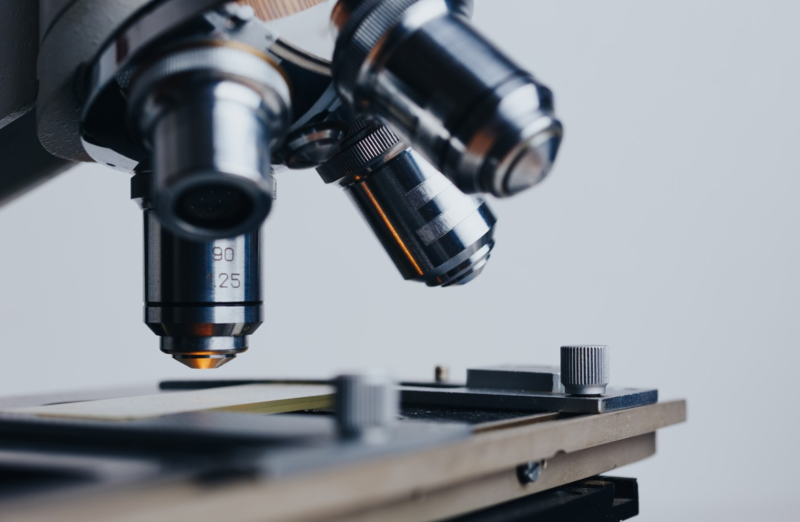
If you struggle with addiction, it can feel very important to know why substance use has become a problem for you. If you have a friend or family member who struggles with addiction, you may want to know if there’s something you did to cause substance abuse in that loved one.
Although the popular understanding of what addiction is – and isn’t – has changed somewhat in the United States, there are still a lot of misconceptions about the causes of chemical dependency and drug abuse in our culture.
Today, we’ll look at what we know scientifically about the underlying causes of addiction, what the risks factors for addiction are and what you can do with that information to help you or your loved one get – and stay – healthy.
Addiction Wasn’t Historically Treated As a Disease – it Was Treated as a Moral Failing

For years, the medical community joined the general population in dismissing addiction as a moral failing.
Under this paradigm, it was thought that people who used drugs did so because of a character defect or mental weakness.
The “solution” to this personal “problem” was usually religious in nature and doctors would often rely on clergy people to counsel people with substance use disorder.
Law enforcement and imprisonment was another popular option for the “treatment” of substance use disorder.
While both spirituality and the justice system continue to contribute to sobriety for a number of people who suffer from Substance Use Disorder, the overall success rates of these methods alone demonstrated that they are not useful solutions for most people.
We Know Now That Addiction is Best Understood as a Disease

Modern medicine now understands addiction as a chronic disease, like asthma and diabetes, rather than a moral or religious failing. People who struggle with Substance Use Disorder aren’t bad people, they are people dealing with a chronic health condition. While the decision to try drugs of abuse is often voluntary, the “decision” to continue to use is a lot less choiceful for many people. This is because drugs of abuse make long-term changes in the brain.
Addiction Is a Disease that Causes Real Long-Term Changes in the Brain

Put simply, most drugs of abuse flood the brain with an unnatural amount of dopamine, one of the brain’s key feel-good chemicals. Our brains react to this flood by making less dopamine naturally in response to everyday things that usually make us feel good.
Our brains also begin to adapt to the excess dopamine in such a way that more and more of the drug is needed to produce the same high. This is known as popularly known as drug tolerance.
We have evolved to use dopamine to help tell us what is important for survival. Eating good food and spending time in the company of loved ones both release dopamine in the brain, causing us to seek to repeat those experiences. Both of the experiences help us stay safe and healthy. Drugs of abuse hijack this system and send signals to our brains telling us that the drug of abuse is crucial for survival, even though we know it’s not. For someone with the brain changes associated with Substance Use Disorder, though, the need for their drug of choice can literally feel like a life-and-death situation.
What We Know About the Causes of the Disease of Addiction

We know enough about the causes of addiction to know that there is no single root cause of addiction.
It’s thought that genetics accounts for about 50% of addiction, meaning that if you have a parent or sibling who struggles with addiction, you’re definitely more likely to struggle with addiction yourself.
There are also other factors that are frequently associated with an increased likelihood of addiction. They are:
- Other mental health conditions such as a depression and anxiety
- Gender (men are more likely to use)
- Age (the younger you start, the more likely you are to become addicted)
- Race (marginalized people have disproportionately high rates of addiction)
- Socio-Economic Status (again, marginalized people have disproportionately high rates of addiction)
- A history of trauma
- Parental and community messaging
- Parental supervision
- Peer pressure
Here’s a List of Things that Don’t Cause the Disease of Addiction:
- Laziness
- Negligence
- Selfishness
- Moral failing
- Lack of religion or spirituality
- Access to money
- Lack of willpower
- Lack of negative consequences
Good News, Portland! Treatment Works
If you or a loved one suffers from addiction, there’s hope. The medical community has made huge advancements in how addiction is treated. Evidence-based treatment works. You no longer have to “go it alone” or “tough it out.” While a higher power works for some, you don’t have to rely on one at our clinic.
Our proven treatment plans are tailored specifically to your needs and they evolve with you, as your progress in your recovery. If you’re in the Portland, Oregon area, give us a call today to learn more about how we can help you reclaim control of your life from addiction.
And, Yes! We’re currently accepting telehealth patients to ensure your safety during the pandemic.
